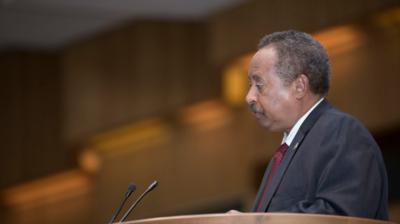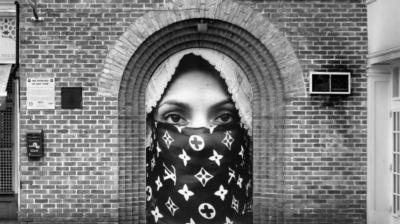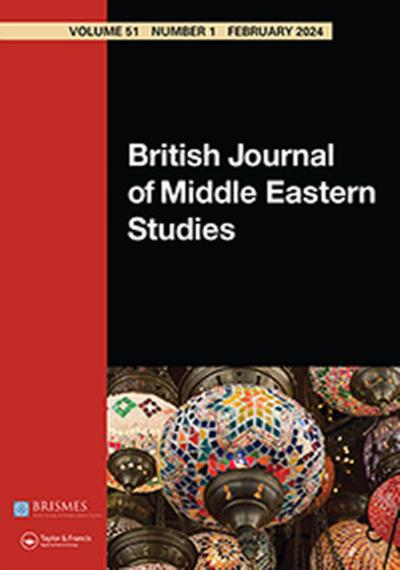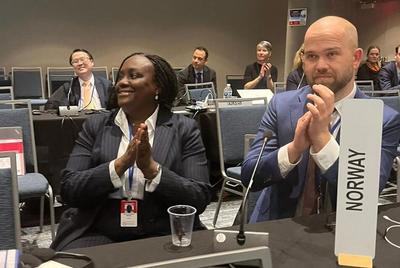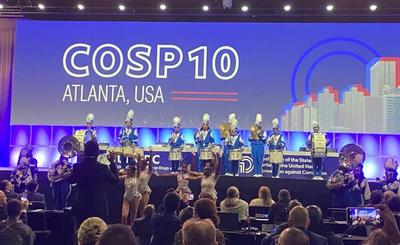Women at work in Sudan: Marital privilege or constitutional right
This article explores how working women in Sudan's capital negotiate legal constraints placing them under the guardianship of their husbands, imposing strict public dress and behavioral codes upon them, and upholding occupational segregation in the workplace. Upper- and middle-class women of different political-ideological standpoint see constraints as well as advantages with the Islamist approach to women's economic empowerment. While the restrictive legal framework enables Sudanese working women to make independent economic choices, the economic resources gained through wage work have had limited transformative potential in relation to the larger structures constraining various aspects of women's lives. The article is part of a special issue on legal regimes, women's work and women's empowerment.
The article is open access, just follow the link https://academic.oup.com/sp/article/26/2/223/5490656
https://doi.org/10.1093/sp/jxz011
Liv Tønnessen


